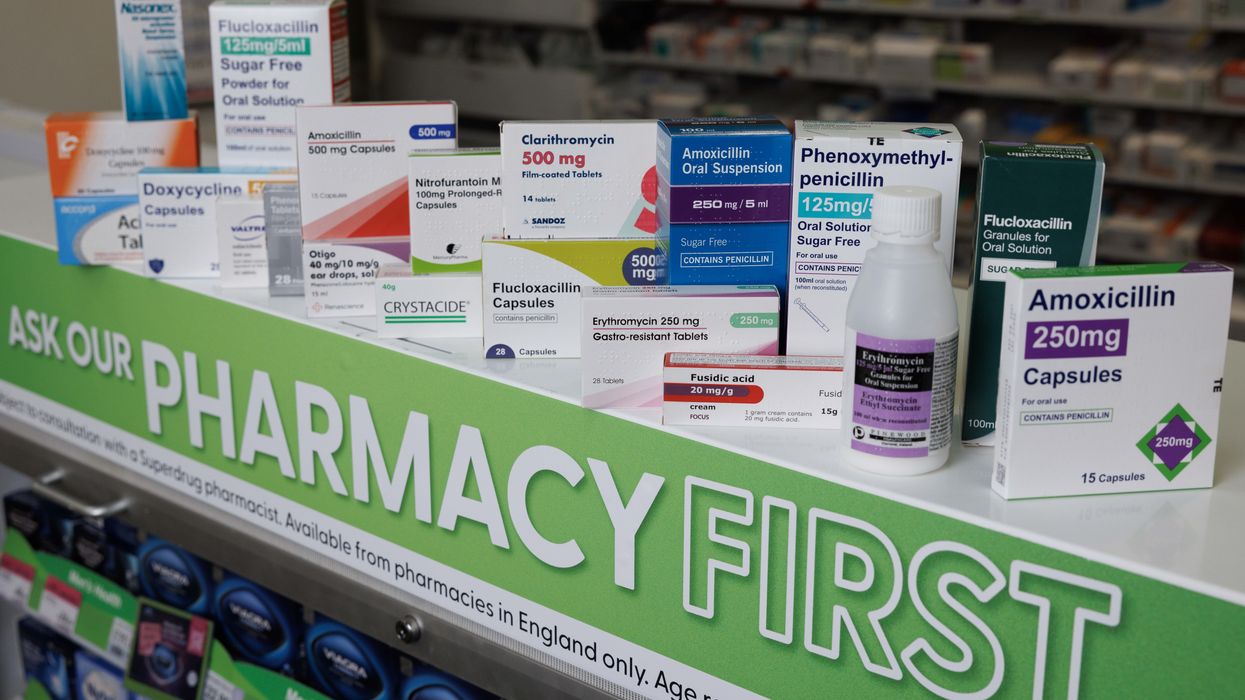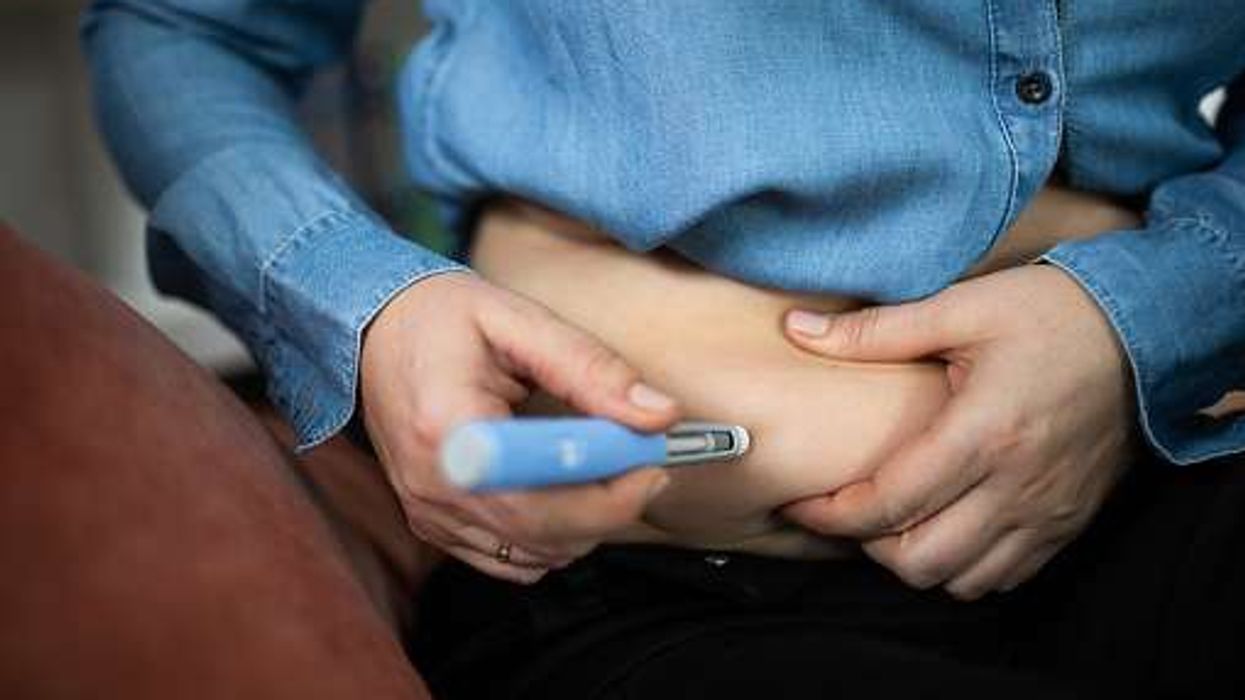A crucial projection study that helped convince the British government to impose more stringent measures to contain COVID-19 painted a worst case picture of hundreds of thousands of deaths and a health service overwhelmed with severely sick patients.
In a sharp toughening of Britain's approach to the outbreak on Monday, Prime Minister Boris Johnson closed down social life in the world's fifth largest economy and advised those over 70 with underlying health problems to isolate.
The modelling study, by a team led by Neil Ferguson, a professor of mathematical biology at Imperial College London, used new data gathered from Italy where the infectious disease epidemic has surged in recent weeks.
Comparing the potential impact of the COVID-19 disease epidemic with the devastating flu outbreak of 1918, Ferguson's team said that with no mitigating measures at all, the outbreak could have caused more than half a million deaths in Britain and 2.2 million in the United States.
Even with the government's previous plan to control the outbreak - which involved home isolation of suspect cases but did not include restrictions on wider society - could have resulted in 250,000 people dying "and health systems ... being overwhelmed many times over," the study said.
With the measures outlined - including extreme social distancing and advice to avoid clubs, pubs and theatres - the epidemic's curve and peak could be flattened, the scientists said.
"This is going to place huge pressure on us as a society, and economically," said Azra Ghani, a professor of infectious disease epidemiology at Imperial who co-led the work with Ferguson.
Tim Colbourn, an expert in global health epidemiology at University College London said the projections in the study signalled "tough times ahead".
"The results are sobering," he said.
This study helped change the British government's position, according to those involved with the decision. The government said it had accelerated its plans on "the advice of the experts" and that the new measures had always been "part of the government's action plan".
"We continue to follow the science and act on the advice of the experts, which is that we are bringing in these more substantial measures slightly faster than we originally planned," the source said.
Johnson's government had been criticised by some public health experts who were concerned that Britain was not acting fast or forcefully enough to contain the spread of COVID-19 while other countries such as Italy, Spain and France were taking far more draconian lock-down measures.
But Peter Piot, director of the London School of Hygiene & Tropical Medicine and a specialist in viruses and infectious disease epidemics, said Britain's approach "is solidly evidence-informed" and "strikes a sound balance between managing the current public health crisis as well as the multiple and complex societal implications."
"In this unprecedented pandemic, caused by a virus we still know so little about, there is no one size fits all approach to controlling it," Piot said. "We should be open to adapt the response to an ever changing epidemic, and to rapidly evolving scientific understanding."











